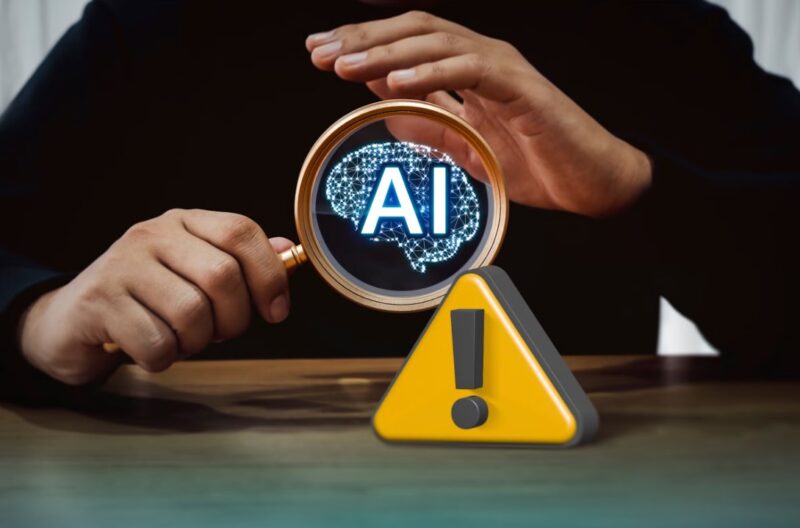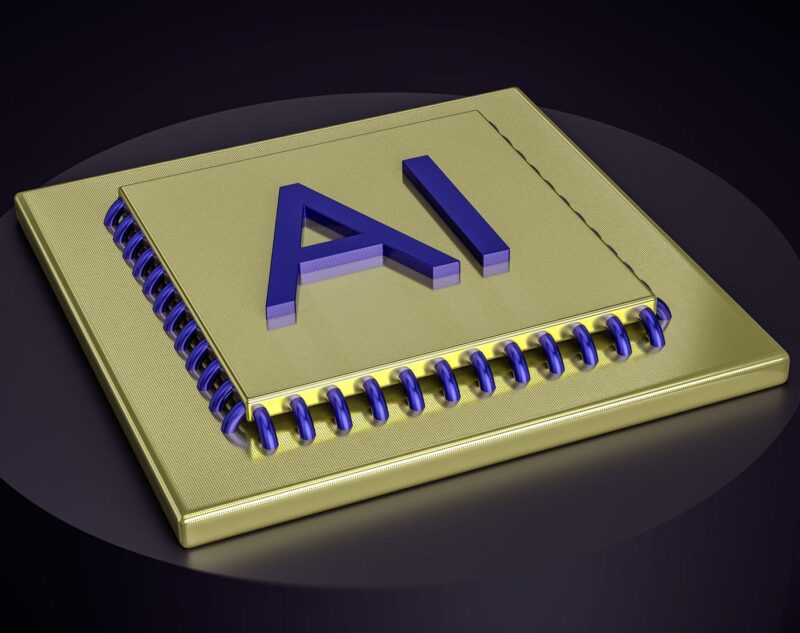Artificial intelligence has been shaking things up everywhere, including classrooms and libraries. It sounds great—fancy tools that spit out essays and save hours of work. But what happens when shortcuts become the main road?
Let’s explore how artificial intelligence-powered text generators are changing the game in education, and why academic integrity might be on shaky ground.
Key Points
- Artificial intelligence tools are creating a shift in education practices.
- Text generators pose a challenge to maintaining academic honesty.
- AI checker tools help spot artificial work.
- Artificial intelligence doesn’t always understand the nuance of academic writing.
- Policies and ethics need to catch up with rapid technological advancements.
Why Artificial Intelligence Text Generators Matter
Artificial intelligence tools are not just impressive; they’re scary and accurate. Students use them to craft essays, solve math problems, or brainstorm ideas in seconds. But here’s the problem. Academic work loses its value when it’s completed by a bot instead of a brain. A recent study by Turnitin found that educators flagged up to 30% of essays for suspected artificial content.
Imagine submitting a perfectly worded essay, only for your professor to side-eye it harder than a poker player spotting a bluff. Sure, artificial intelligence can mimic writing styles, but it lacks the soul of human thought. It can’t craft an opinion or argue a controversial stance in the way a human mind can.
Spotting the Artificial ─ Using Tools
Educators now fight fire with fire. Platforms like ZeroGPT help level the playing field. An AI checker scans submitted work, highlighting suspiciously robotic writing patterns.
According to ZeroGPT, their tool identifies GPT-generated content with incredible accuracy, keeping assignments fair. Whether you’re a teacher looking for cheats or a student wanting reassurance, artificial intelligence checkers are becoming essential.
Think of it as a metal detector for essays—only instead of finding coins, it finds phony paragraphs.

The Double-Edged Sword of Artificial Intelligence Tools
Artificial intelligence opens up exciting possibilities for education. However, it’s not all sunshine and rainbows. There’s a growing debate about where to draw the line between “help” and “cheating.”
For example:
- Time-saving ─ AI checkers can help brainstorm ideas or outline essays quickly.
- Over-reliance ─ Overusing artificial intelligence creates dependency, leaving students with less knowledge in the long run.
- Ethics ─ Copy-pasting content without proper attribution raises questions about honesty and learning value.
According to a 2023 study, 60% of students admitted they wouldn’t use artificial intelligence if teachers set clearer boundaries. It’s not about banning the tools—it’s about teaching responsibility.
Can Artificial Intelligence Checker Tools Keep Up?
Artificial intelligence evolves fast, and detection tools do, too. Platforms continually upgrade their algorithms to detect more advanced content. However, even the best artificial intelligence checkers face challenges.
Some students cleverly tweak artificially generated text, leaving only subtle traces behind. It’s like putting makeup on a robot—it might fool some, but experts can still spot the cracks. AI checkers adapt constantly, ensuring they stay ahead in this academic cat-and-mouse game.

How Artificial Intelligence Affects Academic Thinking
Here’s where it gets deeper. Using artificial intelligence text generators can stifle original thought. Why bother brainstorming when a machine can spit out 500 words on quantum physics in two seconds?
One professor compared artificial intelligence reliance to using calculators. Sure, calculators solve math faster, but they don’t teach you why the answer matters. Similarly, text generators churn out essays but can’t develop critical thinking.
To stay sharp, students should see AI checkers as supplements, not substitutes. Relying on artificial intelligence alone creates a generation of thinkers who’ve forgotten how to think.
Practical Tips to Stay Honest
- Balance artificial intelligence use ─ Artificial intelligence tools are used for structure, not substance.
- Always double-check work ─ Pass your text through an AI checker to ensure originality.
- Credit ideas ─ Mention artificial intelligence-assisted content where appropriate.
- Develop writing skills ─ Focus on crafting essays yourself before reaching for artificial help.
- Communicate with educators ─ Understand what’s allowed and what isn’t.
The Role of Educators in Navigating Artificial Intelligence
Teachers now have to rethink their approach to assignments and assessments. Many are shifting focus from rote tasks to critical thinking projects. Essays that require personal reflection or unique perspectives make it harder for artificial intelligence text generators to fill the gaps.
Interactive teaching methods also help. Group discussions, oral presentations, and real-time problem-solving push students to engage with the material actively. Educators who adapt their strategies can reduce the over-reliance on artificial intelligence tools while encouraging authentic learning experiences.

Policy Changes ─ The Need for Clear Guidelines
Educational institutions must catch up by setting clear rules on artificial intelligence use. Vague policies leave room for misuse, confusing both students and teachers.
Some schools now require students to disclose artificial intelligence assistance in their work. Others are experimenting with stricter penalties for violations. Policymakers must strike a balance—embracing technology without sacrificing integrity. Transparency and accountability remain key to creating a fair academic environment.
The Future of Education with Artificial Intelligence
Artificial intelligence is not going away. The question isn’t how to stop it but how to manage it. Teachers, institutions, and students must adapt to this new reality. Policies around artificial intelligence need rewriting, ensuring fairness without stifling progress.
Artificial intelligence can assist with grading, provide instant feedback, or even help struggling students catch up. But its misuse risks eroding academic trust, something far harder to rebuild than a broken essay prompt.
Conclusion
Artificial intelligence text generators have transformed how students approach academic work, but they also raise ethical questions that can’t be ignored. AI checkers provide a solid defense against misuse, but technology alone isn’t the answer.
Educators, students, and institutions must adapt to this new landscape together. By emphasizing critical thinking, setting clear rules, and using artificial intelligence responsibly, academic integrity can remain intact. The challenge lies not in banning artificial intelligence but in learning how to coexist with it ethically and effectively.

